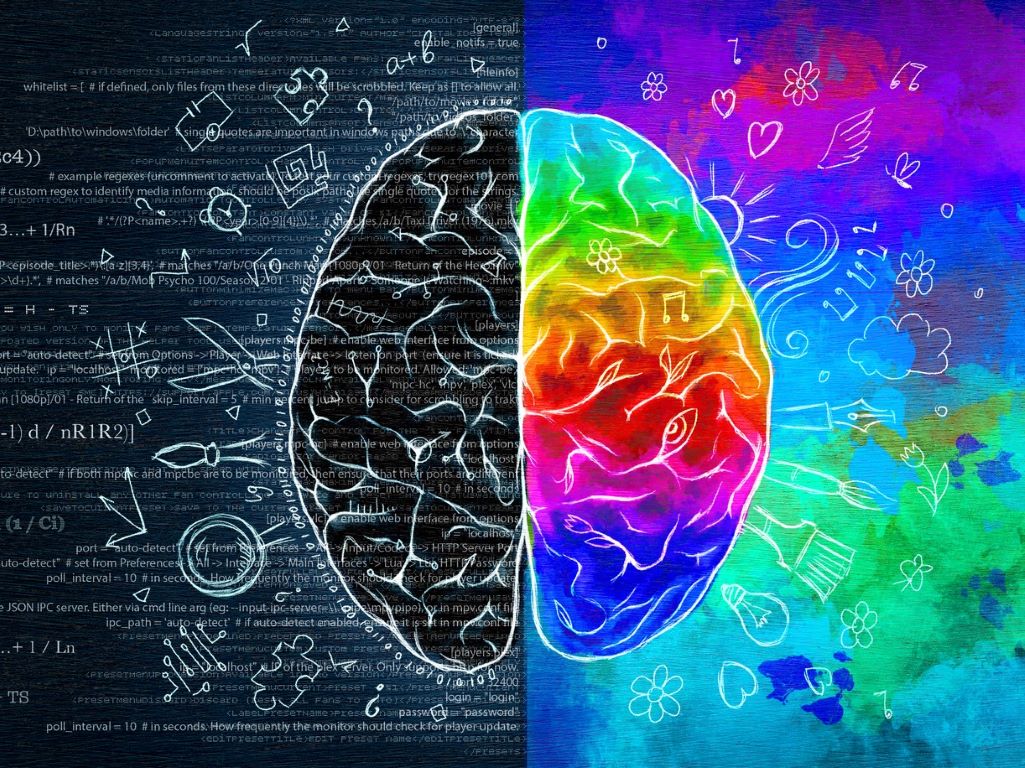My poetry emphasized my minuscule stature and injected humility in me, insisting that I shed my egotism and surrender to nature

It has been 37 years that I have taught, preached and practiced science as a teacher and researcher. Four decades of navigating through the complex maze of sacrosanct definitions, brain-splitting concepts, tongue-twisting scientific terms, intricate experimentation, deductive inferences, conferences and rush of research publications, I thought would take a toll on my personality; fixing me in a frame of science and hanging me on a ‘wall of fame’ for scientists albeit recluse and eccentric ones; subjugating my literary leanings, dimming my emotive prowess and erasing my appreciation of all that is not in the realm of science.
But I am happy that none of this happened, and my innate love for poetry did not wither. In fact, I have successfully preserved and nurtured that seed of interest sown by my language teachers, first during my primary education at Mata School and then at St Joseph’s Institute in Vasco, until I completed my SSC.
Then I did not delve much into the lyrical component of the poems, but the repetitive rhythm was appealing and soothing. As I grew, the words made sense and I could decipher the precious information and the local contexts packed in those words by the poet, alongside the pulsatile recitation. In hindsight, I am convinced that during our formative years these poems were powerful resources for understanding environment and human relationships with nature. Alongside domain knowledge, poetry installed the ‘emotive pacemaker’ in our head, keeping us connected with the world beyond science.
While my training in science gifted to me an analytical, rational mind; literature and poetry awarded to me a humane heart, beating for fellow beings and other life that shares this planet with me. While science pinned me in formulae, theorems, postulates and rules; poetry gave me a free excursion into the space beyond the world as far as the cosmos and the deep sea, it allowed me to converse with the birds and butterflies, listen to the romantic banter of bees and flowers, feel the pain of separation in the rain drops and stay fearless of my own mortal status.
Poetry does not impose restrictions with expression, in that the poet can take free linguistic sorties into the abyss and the cosmos at the same time without any inhibitions. Unlike science, a poem is not necessarily an embodiment of ‘the verifiable’, but can also conjure ‘the imagined’ and non-existent. It can defy reasoning, it stays unapologetic violating morality, it can trespass into one’s privacy and somersault on its own assumptions. A poem can splash shades of passion, aspiration and depression on the canvas of life, all at the same time. Poetry has the power to defy established authority, to condone the impropriety, applaud the insane and celebrate solitude.
Nothing is inviolate for the imagination of a poet; and nothing is unreachable. A poet is at the pinnacle of intellectual liberty and that freedom of imaginative expression is his rightful entitlement. He has nothing to prove and little to justify. It is curious that the interpretation of a poem rarely coincides with the poet’s original intent!
The first evidence of academic cognition of a tiny tot is recitation of rhymes before a home-grown audience and guests to the joy of parents and applause of listeners. The poetic rhymes enable ‘chunking’ of information, a method by which the child breaks the total information into smaller parts that are easy to recall. Such rhythmic recitals also aid concentration and listening skills, besides language acquisition and comprehension.
In my opinion, poetry is a powerful pedagogy tool to communicate early lessons on our environment, culture and geography. It is amply clear that poetry is influenced by the poet’s settings; both external and internal, his interactions with his surroundings and his observations. His thoughts based on what he sees and feels then manifests into emotions, and then these emotions crystalize in words. The rhyme only adds emphasis and makes the poetic narrative mellifluous and appealing.
Poetry often transcends from real into the surreal, granting to the connoisseur the liberty of liberal interpretation. A poem must sprout like a seed that stays buried in the soil awaiting that first shower to soak it, and let it spring up from the deep soil. Deliberate attempts to coble words cannot yield a poem, it must flow effortlessly choosing its own expression in words and rhythm.
My father appreciated my poetic attempts and would often encourage me to write poems, and I even wrote parody poetry and won appreciation. While in college, I wrote for the wall magazine along with Sahitya Academy awardee Sanjiv Verenkar and Vishnu Wagh. I presented my poems in Yuvavani Konkani programme on All India Radio, and eventually won the ‘Vinayak Sakharam Shenvi Pissurlekar Award’ for my poetry. My higher education in Bombay interrupted my literary pursuits, though I wrote some platonic love poems there. On returning to Goa in 1987, I was totally immersed in teaching and research for as long as 33 years, having published 55 research papers.
After a freak accident in 2020, I was confined to bed for eight months. That is when I wrote over 60 poems expressing my fears and exaltations, venting my frustrations and disillusionment with life. Poetry reassured me that I was sensitive and that my conscience was alive.
My poems addressed everything, from my insecurities and anxiety to my joy and celebration. My poems pointed out my flaws and inadequacies. Most of all, my poetry emphasized my minuscule stature and injected humility in me, insisting that I shed my egotism and surrender to nature. Poetry has surely been a mirage in the desert of my science career!